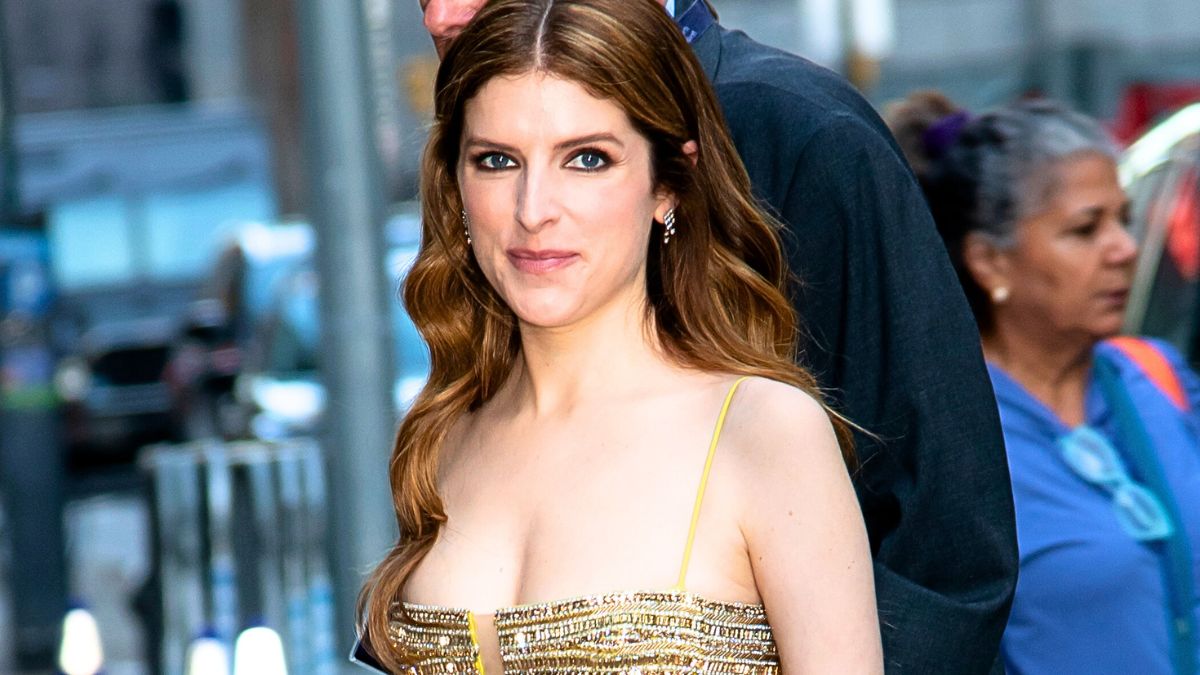Anna Kendrick donated all the earnings from her directorial debut Woman of the Hour (which she also executive produced and starred in) to the Rape, Abuse & Incest National Network and the National Center for Victims of Crime. The filmmaker said profiting from the film made her feel “gross.”
“We’re both steeped in some really valid, ethical questions around true crime,” the director told Crime Junkie‘s Ashley Flowers as they discussed the genre’s obligations towards the real people whose stories it borrows from to create content.
“Believe me, this was never a money-making venture for me, because, you know, all the resources went to actually just making the movie, but (…) it wasn’t until the week before the [Toronto Film Festival] that I thought ‘Oh, the movie’s going to make money! (…) Money is going to be exchanging hands.’ So I asked myself the question of ‘Do you feel gross about this?’, and I did.”
Woman of the Hour tells the true story of aspiring actress Cheryl Bradshaw (Kendrick), serial killer Rodney Alcala (Daniel Zovatto), and the time their paths crossed on ABC’s The Dating Game as Bachelorette and Bachelor #3. Although Kendrick and writer Ian McDonald took their fair share of creative liberties, the film still goes out of its way to honor Alcala’s survivors as it examines the broader systems that allow someone like the sadistic murderer to roam the streets freely and even feel comfortable enough to go on a game show on national television.
Much ink has been spilled regarding the ethics of the true crime genre as it pertains to its connections to the real victims of the crimes exploited in film and television for the entertainment of the audience. The human race has always been drawn to the macabre and the violent, but the internet, like with everything else, has exacerbated it. Kendrick’s film breaks the mold because not only does it quickly cut away from the violence instead of reveling in it, but also points the finger and the lens at people and institutions that go well beyond the tormented lone wolf.
But Kendrick hasn’t just talked the talk, she walked the walk by choosing to donate the money she made from a $11 million Netflix deal. “It’s still a complicated area but [it] felt like that was the least that I should do,” she explained. The paradigm change was welcomed and encouraged by the people, who cheered “This is how you do it!” and “This is how it’s done!”
Naturally, fans couldn’t help but compare Kendrick’s actions to those of other producers and filmmakers who’ve created media centered around the same topics in recent years. Blake Lively, Colleen Hoover, and Ryan Murphy received most of the heat.
In August, Lively and Hoover were heavily criticized for the way they marketed the film adaptation of the latter’s novel about domestic violence, titled It Ends With Us. Viewers accused the pair of attempting to create an event, with a floral dress code and other such levities, instead of using that moment to bring awareness to the very real plights of the book and film’s protagonist (played by Lively).
A month later, Ryan Murphy released the second season of his Netflix series Monsters, focusing on the murders of José and Kitty Menendez by their sons Lyle and Erik Menendez, who suffered years of sexual abuse from their father. The show was slammed by Erik himself as well as the general public for embellishing the brothers’ stories by suggesting they shared an incestuous relationship, that Lyle used cocaine, or that Erik likes men when he’s maintained that he is straight. The prolific series creator received similar backlash from the families of the victims of Jeffrey Dahmer, whose crimes were detailed in the first season of the show.
For all these reasons, Woman of the Hour is a nice change of pace in the true crime genre. You can watch it on Netflix and read We Got This Covered’s review here.
